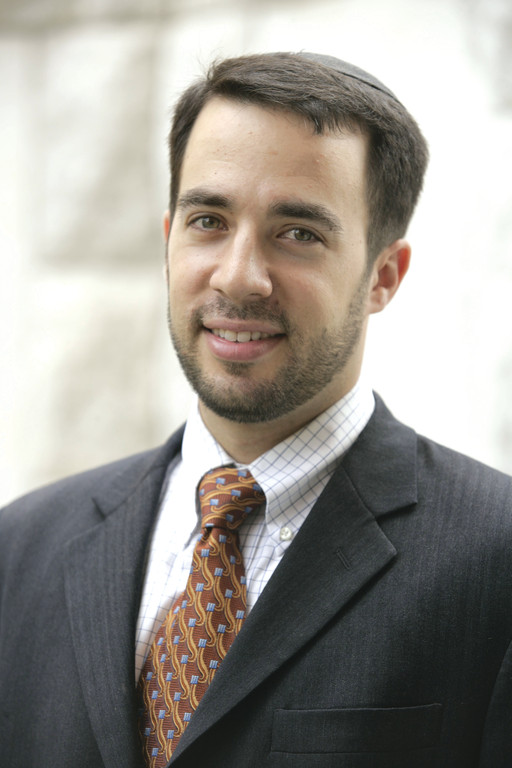Stopping at Beer Shava as ‘Yaakov’ becomes ‘Yisrael’
In the Torah, the city Beer Sheva appears thus named only one time (26:33). Otherwise it is always called Beer Shava. Seforno notes the difference between the vowelization of the two names of the city, while Ibn Ezra offers that when it is called Beer Sheva it might be for two reasons (based on an oath and the number seven) or, perhaps, it is a different (though similarly named) city.
When Yaakov visits Beer Shava in our parsha, he is presented as Yisrael as he offers sacrifices to the G-d of his father Yitzchak. G-d speaks “to Yisrael” in a nighttime vision, calling him “Yaakov Yaakov,” saying, “I am the G-d of your father. Do not fear going down to Egypt, for I will turn you into a great nation there. I will go down with you to Egypt, and I will come up with you as well, and Yosef will place his hands on your eyes.”
Then “Yaakov” gets up from Beer Shava, as “Bnei Yisrael,” lifting Yaakov their father – along with their children and wives – onto the carriages Pharaoh had sent for them.
•What is the significance of stopping in Beer Shava?
•Why is Yitzchak mentioned and not Avraham?
•Why the switch from Yaakov to Yisrael, and back again?
•What are we to take from the “nighttime vision”?
•Who will be accompanied by G-d in the descent to and in the ascent from Egypt? Why the promise of Yosef putting his hand over Yaakov’s eyes?
Yitzchak had two prophetic experiences in Chapter 26: In the first he is told not to descend to Egypt during a famine, as his father had done before him, and the second was in Beer Shava when G-d told him, “I am the G-d of your father Avraham. Do not be afraid, for I am with you. I will bless you and make your children numerous in the merit of my servant Avraham.” (26:24)
Yaakov likely went to Beer Shava on account of this latter encounter (Rashbam), hoping to be the recipient of a similar blessing, and also hoping to be told not to descend to Egypt. Nonetheless, he was encouraged to complete this trip (Sechel Tov). Alternatively, Toldos Yitzchak suggests Yaakov very much wanted to go, but feared G-d would tell him he could not. The promise to become a great nation in Egypt, unlike the promise his father received, was so helpful in freeing him to go.
Sacrificing to the G-d of Yitzchak alone may be because—

 43.0°,
Partly Cloudy
43.0°,
Partly Cloudy 




